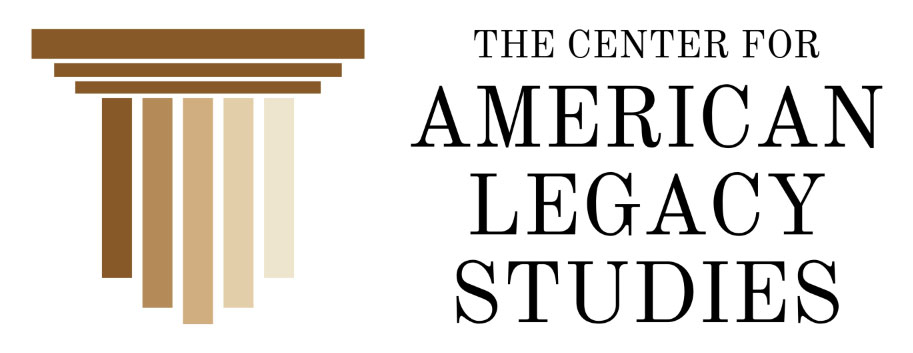Does Anybody Understand This Stuff?: Part 5, Mercantilism and The Physiocrats – A Thumbnail Sketch of 4,000 Years of Economics
Read Part One Here Read Part Two Here Read Part Three Here Read Part Four Here Read Part Six Here Mercantilism and the Physiocrats (1500-1800AD) Mercantilism A later development of the feudal system, mercantile economics’ primary goal was to develop national and oligarchical wealth through policies that favored minimal imports and maximum exports. This system […]
Does Anybody Understand This Stuff?: Part 4, Medieval Economics – A Thumbnail Sketch of 4,000 Years of Economics
Read Part One Here Read Part Two Here Read Part Three Here Read Part Five Here Medieval Economics (500-1200 A.D.) Medieval European economics are generally divided into 4 parts: Early Medieval Economics The Influence of Aquinas Late Medieval Economics The Influence of Bodin Early Medieval Economics There are five major expressions of Early Medieval economics: […]
White House Unveils New Strategy to Fight Homegrown Terrorism
Neighborhood watches, Guardian Angels, Dads Against Drug Dealers—these are all groups that are founded and manned by citizens stepping up to protect other citizens against the dark side of society. The members are almost always volunteers, family men and women who just want to protect their children, families, and neighborhoods from social elements that prey […]
The Reality of Truth
Do you want to know the truth of things? Or are you happy with the prevailing status quo? Do you want to know the truth of things, even if it goes against the status quo or proves you wrong? This can be a real dilemma of conscience —to be unafraid to discover that we have […]
National Defense Authorization Act: Is This The Line In The Sand?
Posse Comitatus… Due Process… Habeas Corpus… What do these all have in common? Suspension and death, if the National Defense Authorization Act is not vetoed by the President of the United States. U.S. Congressman Paul Gosar, D.D.S. (AZ-01) said it this way, “Today, I voted against H.R. 1540, the National Defense Authorization Act of 2012 because I firmly […]
Attention Span: Our National Education Crisis, Part One
Click Here For Part Two I have a number of different topics to cover over the next couple of months. I will post most of these in the form of series. Sometimes, as these series can be multi-parts (as many as ten), I will introduce a new series before a given series is completed. […]
Does Anybody Understand This Stuff?: Part 3, Greek and Roman Economics – A Thumbnail Sketch of 4,000 Years of Economics
Read Part One Here Read Part Two Here Read Part Four Here Greek and Roman Economics (700B.C.-400A.D.) Although modern economics are generally discussed from four polarizing positions; Radical, Keynesian, Neo-Liberal, and Austrian (all of which we will cover later), virtually all aspects of our modern discussion of economics were first articulated by the Greeks, including […]
Does Anybody Understand This Stuff?: Part 2, Biblical Economics – A Thumbnail Sketch of 4,000 Years of Economics
Read Part One Here Read Part Three Here Don’t do it! Don’t turn your brain off at the sight of the word “Economics”! Give me a chance to explain this in such a way that I promise—economics will be exciting. Our modern understanding of economics comes from a long-term developmental process, albeit, most of us […]
Thanksgiving: A Proclamation
How many of us know the origin of Thanksgiving? Thanksgiving celebrations began as early as 1541 along the eastern seaboard of North America. Most of us relate to the celebration at Plymouth, Massachusetts in 1621. The Pilgrims, having survived their first winter (during which about half of them died), invited their local Indian friends to […]
Why Hebrew?, Part Three: Hebrew Competes With Greek
Read Part One Here Read Part Two Here Competing Features Now, consider possible ways in which Hebrew will compete with the Greek heritage, and vie for the dominant eye. For some things there cannot be two masters; one, and only one, must be granted superiority. In The Republic, Plato identified three classes of citizens in his […]
